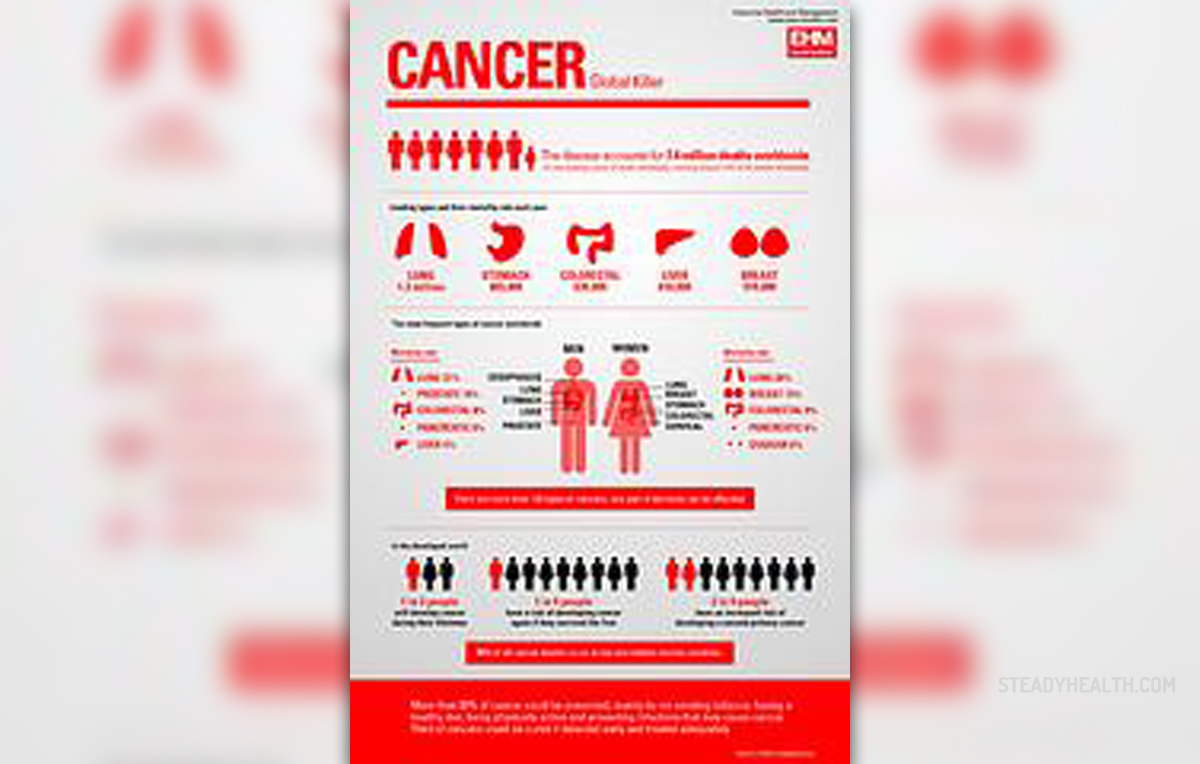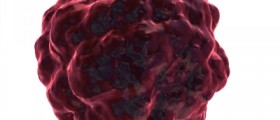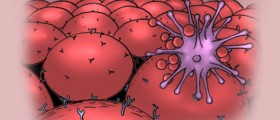
Liver cancer is a serious disease but if the condition is diagnosed in early stages of development, there are more chances for successful treatment. In most of these cases, patients are advised to have surgical procedure for the removal of the cancer. Advanced cancer is commonly treated with chemotherapy, special injections, radiation therapy or combinations of these methods. These treatments may not cure the cancer completely, but patients may definitively expect better quality of life and management of liver cancer symptoms.
About Cancer Treatments
Surgery as a solution for liver cancer is an option only for previously healthy patients diagnosed with early stage cancer. All other patients, including those who are not healthy enough for the surgical procedure or those with metastatic cancer (the cancer that has spread and affected other tissues and organs in the body) are advised to have another type of treatment, as mentioned earlier. These palliative treatments are able to improve their life and eliminate pain and other problems associated with liver cancer.
Cancer treatment plan is based on several factors such as the stage of the cancer, number, size and location of tumors in the body, as well as the spread of the cancer outside the place of origin (the liver, in this case). Doctors will also take into consideration general health of the patient and his or her age in order to provide best possible treatment for liver cancer.
Radiation Therapy for Liver Cancer
Radiation therapy or radiotherapy is one of available treatments for liver cancer patients. This treatment uses X rays energy (or some other types of radiation) in order to kill liver cancer cells. It can be either in a form of external radiotherapy, meaning that the source of radiation is outside the body (certain machines) or internal radiotherapy. Internal radiation uses radioactive substances sealed in some objects placed inside the human body, near the cancer. In most cases, these are needles, seeds, wires or some catheters and such objects are placed near or directly into the cancer whenever possible. Additionally, radioactive substances might be attached to some antibodies (made in the lab) and then injected into the body to kill cancer cells. Such antibodies are designed to specifically target only liver cancer cells and after the injection, cancer cells are killed by radiation.
Sometimes, radiation therapy may be combined with radiosensitizer medications. Radiosensitizers are given to patients to make liver cancer cells more sensitive to radiotherapy.
As many other therapies, radiation may cause certain adverse effects, mainly dependent on the dose of the treatment, but also on the part of the body treated with radiotherapy. Many patients feel very tired after these treatments, experience nausea, diarrhea, vomiting or some urinary discomfort. Some people may also experience decrease of white blood cells due to this cancer treatment.

















Your thoughts on this
Loading...